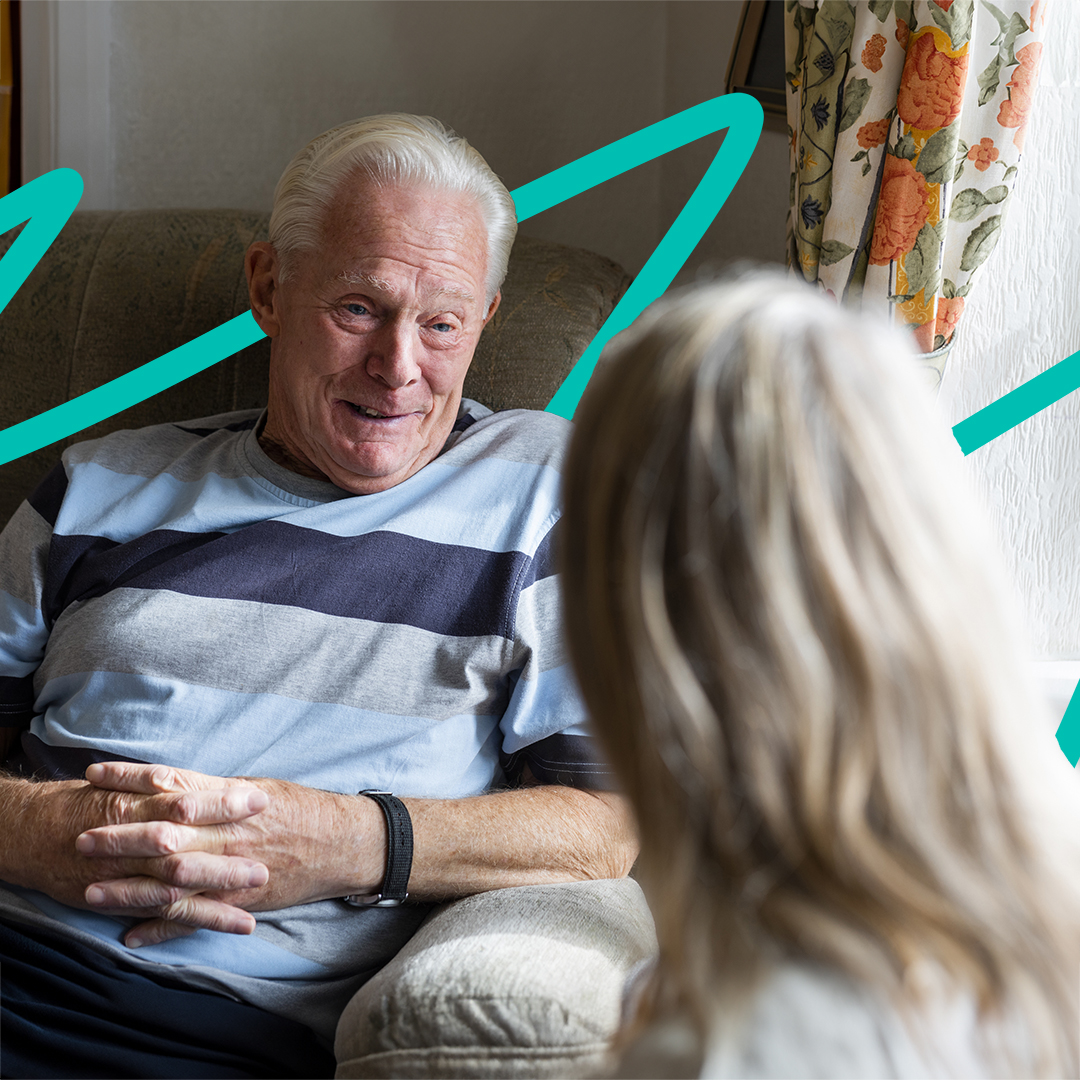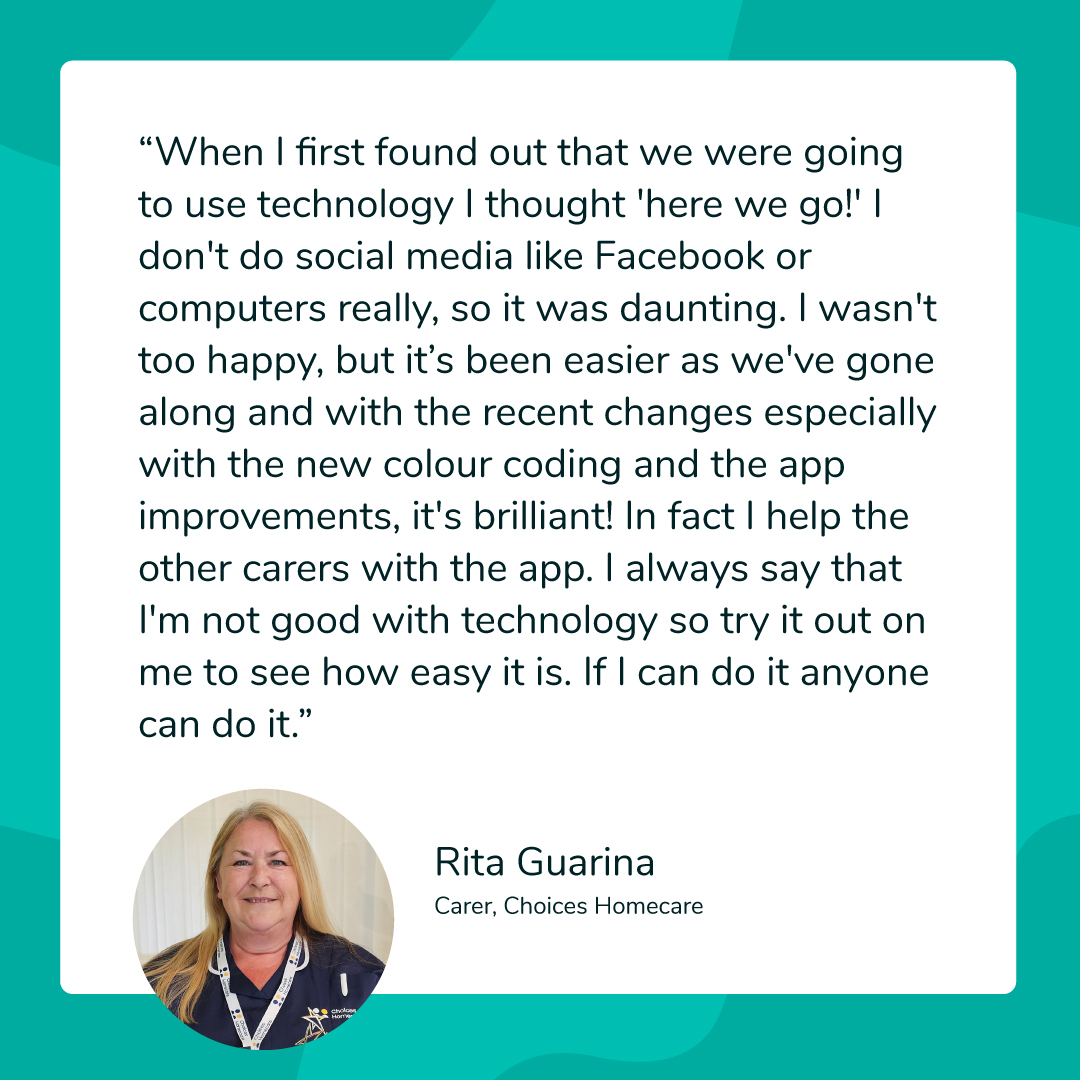When working as a nominated individual and registered manager, it’s crucial to understand and connect with your local community. In my experience, different geographical areas can have varying needs and challenges. It’s important to step up and educate where necessary, ensuring that the service meets the unique needs of people who deserve access to the person centred care and support they desperately need.
Through my experiences, I’ve come to realise the importance of understanding the LGBTQ+ community and their specific needs. When I recently attended the Care Show at the Excel in London, it was truly heartening and uplifting to witness a presentation by Pride UK, who are dedicated to raising awareness, promoting inclusion, and developing services to ensure that members of the LBGTQ+ community receive the care they deserve. What really came through was that many people who are part of this community don’t have the luxury of a supportive family, children and grandchildren and therefore their community and specialist services are intrinsic to their health and well-being.
The reality for LGBTQ+ individuals experiencing home care and community support
CQC has stated that:
‘We find limited evidence of care organisations proactively engaging with the history of discrimination experienced by LGBTQ+ people or considering their particular needs in service provision today’.
With such a damning statement it’s crucial that providers openly respond to the concerns of the community and establish good practice to meet the very specific needs and indeed to address the fears of that community.
It’s alarming to read quotes from Pride UK that show the real and everyday fears of people in the community:
‘My biggest fear about having residential care is that it would be so homophobic that I would have to cease being gay, I would have to go back into the closet’ (Gay man)
‘We’re growing older, so we will need care eventually, but we’re not mainstream, we’re part of the LBGTQ+ community so we need carers who are sensitive to our needs’ (Bisexual woman)
‘When I visited Jean in the care home, staff always left her in the lounge, making it awkward for me to hold her hand or give her a cuddle as she’d have wanted’ (Lesbian woman)
‘I’m always educating… I’m always very polite and answer questions and I answer the questions because they’re curious and not hateful. It’s just exhausting, emotionally, to be always teaching’ (Trans woman)
Person-centred care planning for the LGBTQ+ community
Person-centred care planning is absolutely crucial for individuals receiving services, and at CareLineLive, we are wholeheartedly dedicated to ensuring that we meet the needs of some of the most vulnerable members of society. Our assessment feature truly empowers users to capture highly detailed data. Specifically, the “About Me” assessments provide individuals with the opportunity to express information about their past, present, and future. Additionally, the PRSB About Me assessment gathers essential details that individuals wish to share with healthcare and social care professionals. This may include preferred communication methods, strategies to help them feel comfortable, or specifics about their medication preferences.
The assessment feature includes a total of 17 assessments, and the data from them is then used to create bespoke tasks for carers. This helps in delivering individualised person-centred care through the Carer Companion App.
Educating care staff about LGBTQ+ needs
Understanding the distinctive needs of each individual is crucial, and it’s essential to educate all staff. This applies to individuals in every position, not just those directly interacting with clients. Since we all have unconscious biases, ensuring that staff members are well-informed about the LGBTQ+ community is paramount. Tailored training as part of the onboarding process and continuous education will solidify awareness, comprehension, and promote a positive service culture.
Pride UK: LGBTQ+ Care Quality Standard
Encouragingly, Pride UK is advocating for an LGBTQ+ quality standard as a management tool to enhance awareness and bolster inclusive service delivery. They have established training and consultancy services through a not-for-profit Community Interest Company with the sole mission of implementing a national quality standard. This initiative aims to ensure that care organisations comply with CQC guidance and regulation regarding LGBTQ+ equality, while also empowering care staff and leaders to deliver needs-led, person-centred care that is inclusive of the LGBTQ+ community. Ultimately, this effort seeks to improve assessment and inspection ratings by fostering good and outstanding practice in care and support.
Accreditation
Accreditation provides users with the confidence that the service understands their needs and that staff are well-trained to deliver person-centred care effectively. Specialised training is crucial for staff who may lack understanding or connections to the LGBTQ+ community, as it equips them with the necessary tools to understand past and present challenges faced by the community. This enables them to provide high-quality, equitable care within our diverse communities.



